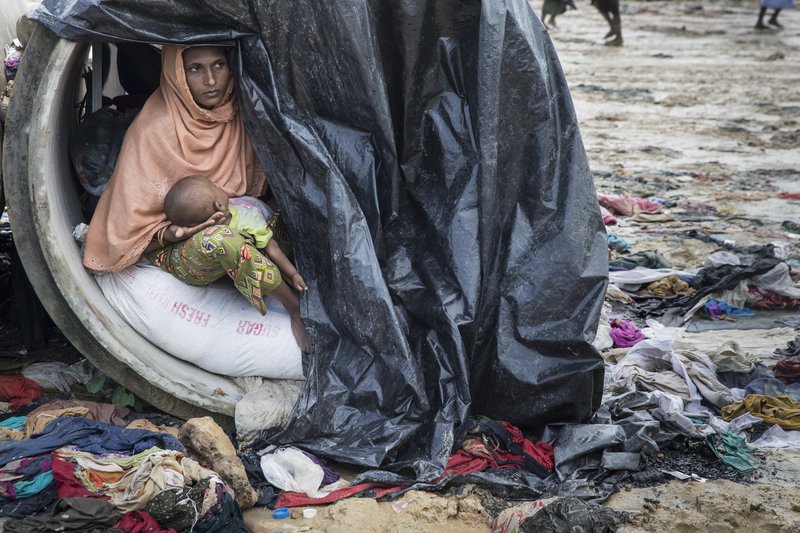A humane solution needed for those who cross the southern US border
It has become clear in the days since President Trump signed an executive order supposedly barring the routine practice of taking children from parents who illegally cross the border from Mexico that the chaos — and anguish — continue.
Many of the 2,500 children separated from their parents since the administration started implementing its zero-tolerance policy in the spring remain in shelters and foster homes all over the country. Some are of very young. Exactly where and under what conditions the children are being held is not clear since officials have largely refused to share information. They also have allowed little access to the facilities, even for lawmakers and local officials.
They appear to have devoted little thought or effort to reunifying families, a process that even under the best of circumstances has legal and logistical challenges. “It’s just a total labyrinth,” said one Texas attorney. One legal aid organization is representing more than 300 parents but has been able to locate only two children. The Los Angeles Times detailed the story of a man sent back to Guatemala without his 6-year-old daughter, who remains at an undisclosed shelter in New York, crying constantly, according to social workers.
A federal public defender in El Paso wrote in The Post about a judge who was incredulous that a jail system that gives you a receipt when it takes your wallet gives you nothing — “not even a slip of paper” — when it takes your children. Said another attorney, “Either the government wasn’t thinking at all about how they were going to put these families back together, or they decided they just didn’t care.”
[Washington Post]

